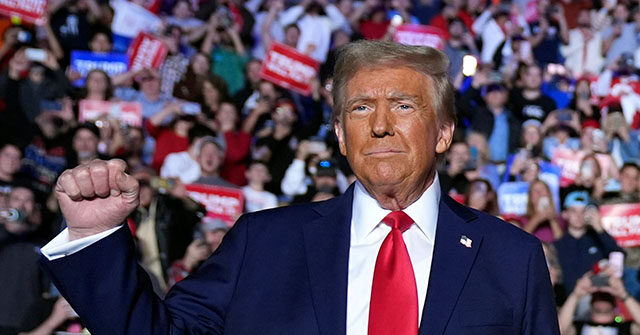As Donald Trump secures a second term in the White House, the technology sector finds itself enveloped in uncertainty and anticipation regarding the potential direction of various policies. With the election results still fresh, tech industry leaders and experts are assessing how Trump’s administration might impact core issues such as AI regulation, antitrust investigations, immigration policies, and the dynamics of mergers and acquisitions. Notably, Trump’s past relationships with key tech figures, particularly Elon Musk, could potentially shape his administration’s approach to technology-related matters, with praise for Musk during the election indicating possible favoritism or influence in future tech policies.
However, not all giants of the tech world share a cooperative relationship with Trump. His campaign threatened retribution against major companies like Meta and Google, accusing them of election interference and manipulating search results. Trump suggested serious legal repercussions, including potential prosecution of high-profile leaders like Meta CEO Mark Zuckerberg. The prospect of increased regulatory scrutiny and potential legal actions against these companies elicits significant concern among industry observers, raising questions about the future of their operational environments under a Trump presidency.
Another major issue at the forefront of tech concerns is Trump’s indicated tariffs on foreign goods. Analysts from Barclays specifically warned that the tech sector could see severe ramifications from these tariffs, which could potentially lead to increased cost inflation and sluggish economic growth. Industry stakeholders are closely observing how these trade policies could disrupt existing cost structures for technology companies, which may struggle to absorb or pass on the increased costs to consumers without facing backlash.
On the antitrust front, the existing cases against major players like Apple, Google, Meta, and Amazon are not expected to experience substantial shifts due to the change in administration. Historical precedents suggest that presidents typically do not interfere with ongoing legal cases. Nevertheless, Trump’s choice for the Assistant Attorney General overseeing anti-competitive practices may dictate how aggressively future enforcement actions are pursued. There is speculation that a Republican approach may favor mergers and acquisitions, suggesting an environment more accommodating to significant corporate consolidations, although Trump’s previous opposition to certain mergers paints a more complex picture of his stance.
The tech industry’s reliance on skilled immigrant workers through H-1B visas raises further concerns about Trump’s immigration policies. During the campaign, his hardline immigration stance elicited fears that restrictions could limit the influx of top talent, particularly as competition escalates in emerging fields like AI. Experts advocating for pro-immigration policies warn that tightening immigration access could hinder the U.S.’s ability to maintain its competitive edge in the global tech landscape, which heavily relies on international talent to drive innovation and growth.
Lastly, on the topic of AI regulation, Trump has remained vague regarding his specific strategies. While he has expressed intentions to revoke President Biden’s executive order on AI—designed to address governance and competition in this pivotal sector—there is a clear divide in sentiment among tech companies. Some may embrace a more deregulated environment, believing it fosters innovation, while others are left apprehensive by the absence of a clear regulatory framework that could guide the responsible development and deployment of AI technologies. The upcoming administration’s direction on these various issues is keenly watched by the tech industry, as the consequences of Trump’s policies could significantly reshape the operational landscape of Silicon Valley and beyond.

